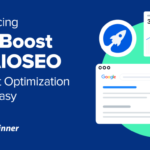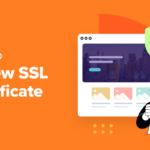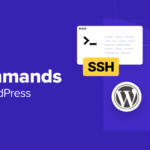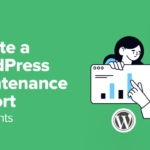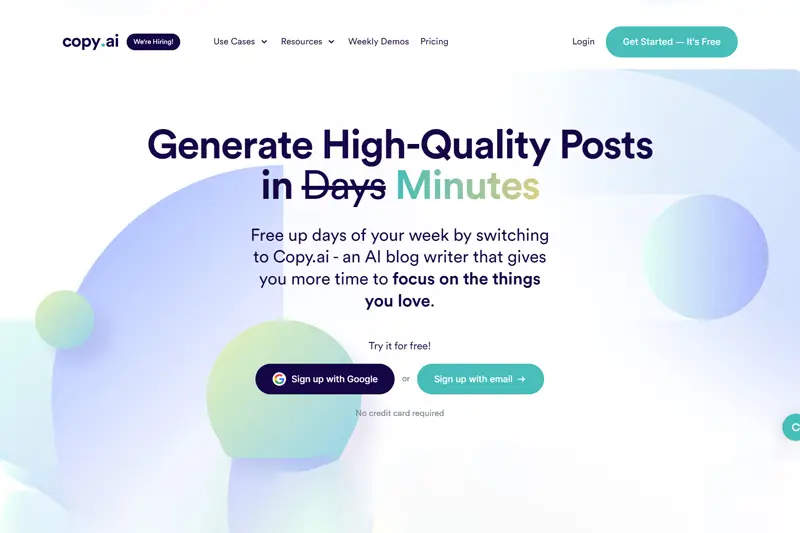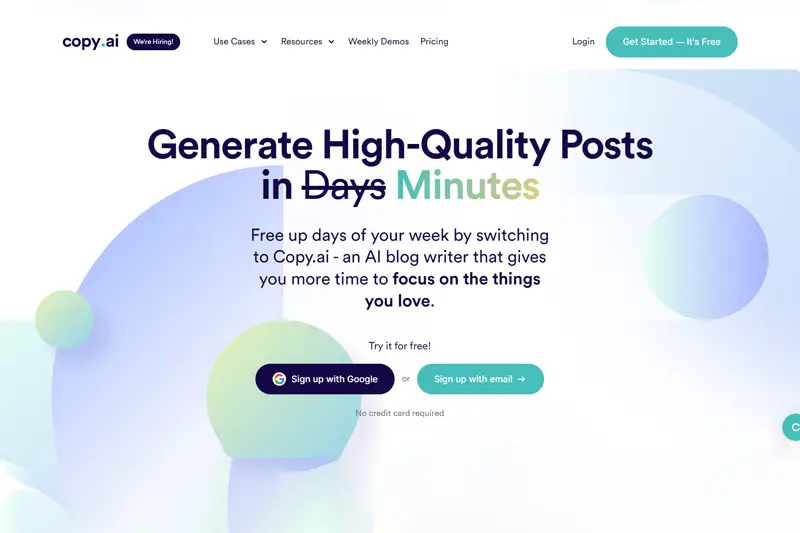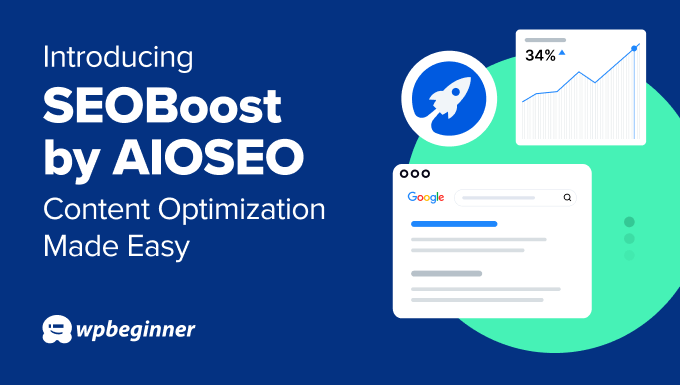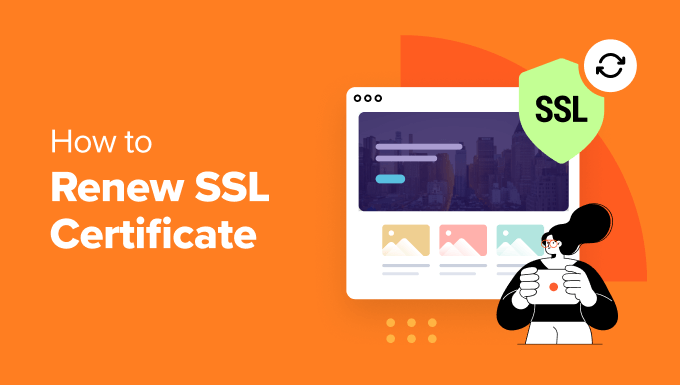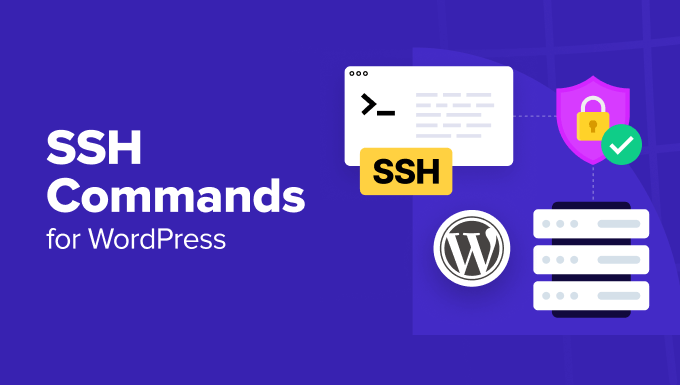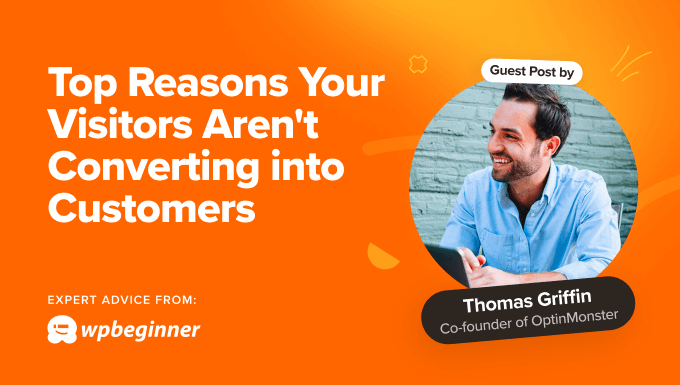Discover how Artificial Intelligence (AI) can assist in blog writing by generating content, providing insights and recommendations, and even editing and optimizing written pieces. Learn about the benefits and limitations of AI in the content creation process.

Creating engaging content for your blog can be a time-consuming and challenging task. However, with the help of Artificial Intelligence (AI), you can streamline the process and create high-quality content that resonates with your audience.
Artificial Intelligence (AI) can help you create engaging content for your blog in several ways. Here are a few examples:
-
Content generation: AI-powered tools can help you generate ideas for blog posts, headlines, and even entire articles. These tools use natural language processing (NLP) to understand your topic and generate text that is relevant and coherent.
-
Content research: AI can help you research and gather information for your blog post by analyzing large amounts of data, identifying patterns and trends, and providing insights.
-
Content optimization: AI can help you optimize your content for search engines by analyzing your text and making suggestions for keywords, meta tags, and other SEO elements.
-
Content personalization: AI can help you personalize your content by analyzing your audience’s demographics, interests, and behavior. Personalized content can help you increase engagement and improve the overall user experience.
-
Content editing: AI can assist you in editing and proofreading your content, to ensure that the text is grammatically correct, easy to read, and free of errors.
-
Summarization: AI can help you to summarize complex information, making it more easily digestible for your readers.
One of the main ways AI can help you create engaging content is by generating ideas for blog posts, headlines, and even entire articles. These tools use natural language processing (NLP) to understand your topic and generate text that is relevant and coherent. This can be a huge time saver, especially when you need to come up with new ideas on a regular basis.
Another way AI can help you is by researching and gathering information for your blog post. AI can analyze large amounts of data, identify patterns and trends, and provide insights that can help you create more informative and engaging content. This can be particularly useful for data-driven or research-based posts.
AI can also help you optimize your content for search engines by analyzing your text and making suggestions for keywords, meta tags, and other SEO elements. This can help you to increase your visibility and drive more traffic to your blog.
In addition to optimization, AI can also help you personalize your content. By analyzing your audience’s demographics, interests, and behavior, AI can help you create content that is tailored to their preferences and interests. Personalized content can help you increase engagement and improve the overall user experience.
Another way AI can assist you is by editing and proofreading your content. AI-based tools can check your text for grammar, spelling, and punctuation errors, ensuring that your content is polished and error-free.
Lastly, AI can assist you with summarization, allowing you to condense complex information into more easily digestible chunks for your readers.
While AI can be a valuable tool for creating engaging content for your blog, it’s important to remember that it’s not a replacement for human writers. AI-generated content may lack the creativity and nuance that only humans can provide. However, by using AI as a tool, you can save time and effort, and make your content creation process more efficient.
In conclusion, Artificial Intelligence can be a powerful tool for creating engaging content for your blog. By automating repetitive tasks, providing insights and recommendations, and optimizing your content, AI can help you create high-quality content that resonates with your audience. However, it’s important to remember that AI should be used as a tool rather than a replacement, as human writers are still necessary for the creative and nuanced aspects of content creation.
The post Why a Website is Important for a Non-profit Organization appeared first on Kawsar Mahmud.
